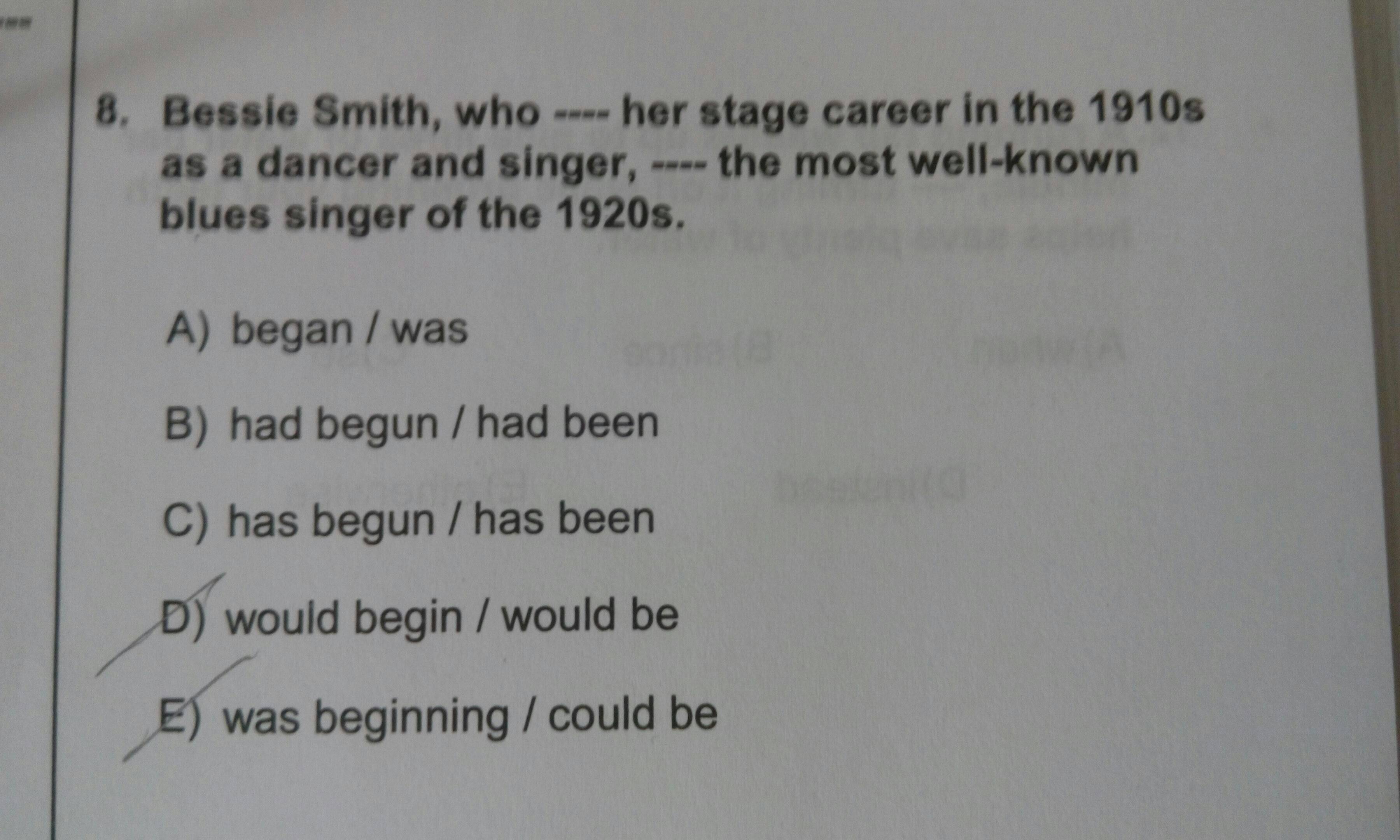
I know the rules and differences like simple past is finished actions and more like story telling while present-perfect emphasizes the experience and its about actions that still continue and past-perfect is about actions finished before the past actions and such but when it comes to questions like in the picture I really cant decide which to use.Is there a more precise way or trick to determine which to use ?
